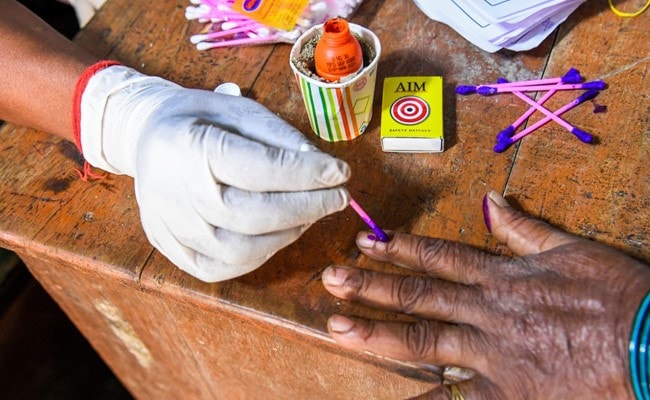Last updated: February 5, 2024 15:44 UTC
Soaring demand for Huawei’s artificial intelligence (AI) chips, coupled with manufacturing constraints, has forced the Chinese tech giant to prioritize artificial intelligence and slow production of its high-end Mate 60 phones, people familiar with the matter said.
Huawei uses a factory to make Ascend artificial intelligence chips and Kirin chips that power Apple’s iPhone rivals, according to three people familiar with the matter, two of whom said output was hurt by poor yield rates – a proxy for production quality. .
But amid a technology standoff between China and the United States, a global race for artificial intelligence capabilities has left Huawei’s phone in second place, as the company topped the list of smartphone sales in China for the first time in more than three years.
Huawei declined to comment.
The situation provides a rare glimpse into the challenges Huawei faces as it struggles to rebuild since 2019, when the United States imposed sanctions on national security grounds that cut off access to advanced chipmaking tools and crippled its smartphone unit. Huawei denies there are security risks.
It also illustrates the impact of U.S. restrictions on sales of artificial intelligence processing chips to China, where U.S. giant Nvidia controlled 90% of the market before the latest restrictions in October forced Chinese customers to switch to domestic alternatives.
The government has launched an initiative aimed at improving the status of China’s computing power. That prompted local authorities to announce data center projects, while spurring public and private demand for Huawei’s Ascend series, two people familiar with the matter and public tenders said.
The Ascend 910B is widely considered China’s most competitive non-Nvidia AI chip.
People familiar with the matter said Huawei was slowing production of its Mate 60 smartphones by prioritizing production of Ascend chips over Kirin chips, but did not say when this arrangement would begin.
The company is also working to improve its yield, or the number of usable chips per wafer, and so hopes this production arrangement is short-term, people familiar with the matter said. They spoke on condition of anonymity because they were not authorized to speak to the media.
low profile
Huawei has been low-key about its chipmaking capabilities and ambitions, with little public information about its progress or how it successfully produces advanced chips.
Its progress became evident in August when the company wasted no time in launching the Mate 60 series, surprising market watchers during US Commerce Secretary Gina Raimondo’s visit to China.
Online teardowns have revealed that the phones are equipped with Chinese-made chips capable of fifth-generation (5G) telecommunications speeds. Analysts say Huawei may be able to achieve this goal by adapting its deep-UV lithography machines by leveraging the expertise of SMIC, China’s largest contract chipmaker.
Analysts say the process is more laborious, expensive and potentially less efficient than using more advanced extreme ultraviolet machines that the United States blocks third-country sales to China.
The Mate 60 phones have been out of stock, with potential buyers complaining online about waiting a month for pre-orders to be fulfilled.
Even so, Huawei regained its position as China’s largest smartphone seller in the first two weeks of 2024, thanks in large part to the series, for the first time since late 2020, data provider Counterpoint said.
Two other sources said other Huawei products affected by production bottlenecks include the Ascend-equipped computing unit MDC 810, which powers advanced driver assistance systems.
Reuters reported last week that the Chinese automaker had to delay deliveries of its flagship model due to production issues with the MDC 810.
(This story has not been edited by News18 staff and is published from a Yonhap news agency feed – Reuters)
Follow us on Google news ,Twitter , and Join Whatsapp Group of thelocalreport.in
















